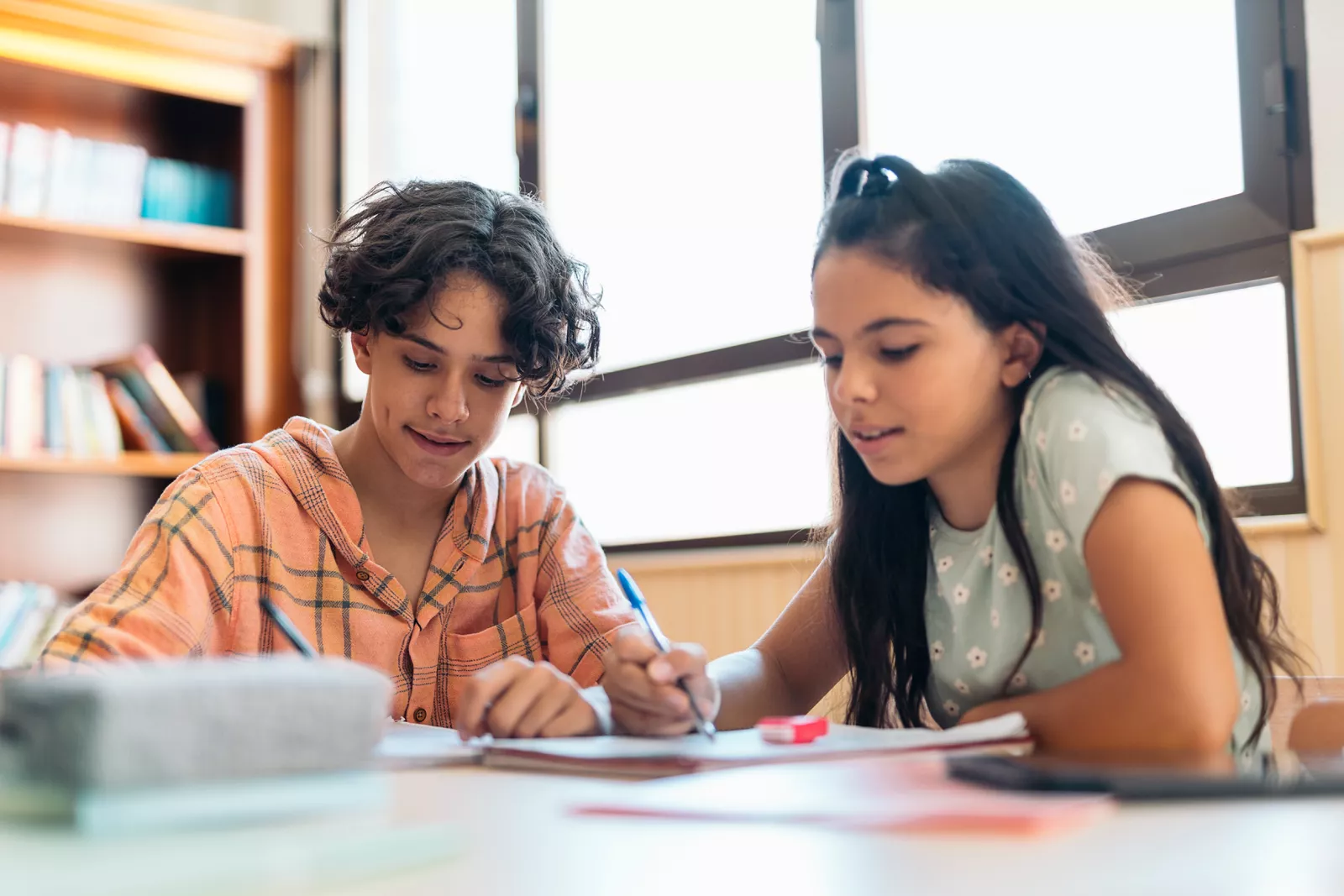Part of growing up is experiencing the many challenges life throws our way so that once we reach adulthood, we’ve established some kind of mental toughness barrier that allows us to push through common roadblocks we will encounter in life. Kids from disadvantaged backgrounds especially need teachers and counselors trained in providing help for students in Jacksonville who unfortunately didn’t always have this important life-defining foundation during their childhood.
However, with the right services in Jacksonville, FL those kids who need someone special in their corner during their most formative years can finally feel empowered. Here at Communities In Schools in Jacksonville, we have helped more than one hundred and ten thousand individual students that are facing a range of challenges such as hunger and homelessness. However, with the help of our services in Jacksonville, FL these children now feel more empowered and ready for the road ahead.
Let's take a look at five things that you can integrate into your daily interactions to help empower young students who might need a little help.
Risk is OK
Resist the urge to shield kids from every imaginable risk. Self-confidence takes root very early, from those very first steps to that always memorable first bike ride, or leap into a swimming pool. They cannot grow if they are held back from the risk of failure or scrapes and bruises. When they fall, be right there to pick them up and get them back into the game with their newfound confidence.
Two-Way Communication
Many student mental health services in Jacksonville, FL recommend regular sessions where the children can express themselves 1-on-1 with an adult, with no distractions from daily life or the TV. Have a picnic for two, and take a walk by the lake. It can be any setting that encourages real talk and expression of self-confidence development issues. Acknowledge their concerns, and provide emotional support to bolster their confidence so they know they aren’t alone or different because of confidence development issues.
Allow Choice
Instead of defining every aspect of a child's life, you can nurture confidence by allowing young children to begin making choices for themselves. Present different options for them to pick. Many student mental health services in Jacksonville recommend asking kids early on what foods look appealing, which book to read, or what socks they prefer. This gives a feeling of investment and self-worth, as opposed to being constantly directed and led into every activity.
Speak Wisely and Supportively
Avoid negative expressions, words, and voice tonality. Where possible, use positive reinforcement phrases. Always begin the morning with positivity and love. At the end of the day, summarize the day with what they did well so they finish the day with good vibes that carry over into tomorrow.
Nurture Their Natural Interests
Open your mind to activities and interests that your students are drawn to. Learn more about those topics to further nurture their innate sense of learning. See what really holds their attention and you will see real results. Planting the seeds of confidence development and mental fortitude ideally begins very early and should continue throughout the maturation process to adulthood. Allowing them to experience small, safety risks and introducing kids to new topics and activities supervised by qualified counselors allows their self-confidence to build naturally.
Empower Young Students To Be All That They Can Be
Here at Communities In Schools of Jacksonville, we provide a range of different services and student mental health services in Jacksonville, FL designed to help children in disadvantaged, troubled, or challenging situations. Our team strives to allow these children to not only see their true potential but to realize it and go out there and get it. To find out more about the work we do or to get involved in some small way, get in touch with our team at Communities In Schools of Jacksonville today.
Related Tag: in-person volunteering


